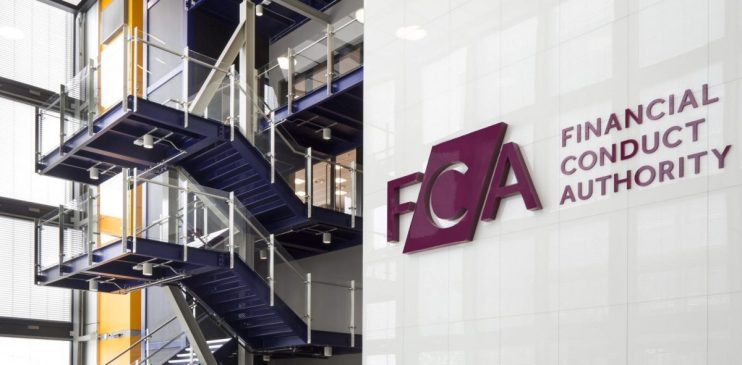FCA defends ‘name and shame’ plans after City backlash

The Financial Conduct Authority (FCA) has launched a robust defence of its plans to ‘name and shame’ companies under investigation today after a fierce backlash against the proposed changes in recent weeks.
Under proposals being considered, the City regulator plans to publicly name companies facing an enforcement investigation on a more regular basis and at an earlier stage.
However, the watchdog is facing mounting calls to back down after two top trade bodies, UK Finance and The CityUK, hardened their stance against the plans in recent weeks.
UK Finance has labelled the reforms “disproportionate”, arguing they could “harm the UK’s competitiveness and attractiveness as a financial centre” and result in firms unfairly “suffering real damage” to their reputation or valuations.
An influential group of peers also wrote to the FCA chief Nikhil Rathi two weeks ago urging him to halt the plans, warning they could hurt “blameless” companies.
But the FCA’s top enforcement officials have issued a strong rebuttal today, arguing that many other UK regulators already name those they are investigating early on.
“Hefty fines and stern censures make easy headlines. Yet, we are often criticised that these come too late,” they said.
“We have thought about these proposals carefully. We are not proposing to name every firm in every investigation,” the pair said. “Each case would be judged on its merits. In some cases, it will be in the public interest to name a firm, in other cases not. And we will not usually name individuals.”
They added: “We are also not seeking to shame firms. It’s about shining a spotlight on a case in a way that will deter others, raise standards, reassure consumers, counter ill-founded speculation that is damaging to firms or a sector, or encourage people to come forward with evidence and intelligence.”
The FCA has also analysed the impact of investigations on a firm’s share price if it becomes public that it is subject to investigation, Chambers and Smart said. In four of the five cases over the last few years where firms have voluntarily announced that they face an FCA enforcement investigation, it found that those companies’ share prices fell by less than one per cent.
Chambers and Smart also hit back against claims the changes could make the City less competitive or attractive as a financial centre.
“This is not about favouring consumers over competitiveness. It is not an either/or. Enforcing proportionate regulatory standards is crucial to growth,” they said. “Firms want to come to a jurisdiction where they know that rules will be enforced, integrity upheld, bad actors challenged and a level playing field established. Being more transparent will help with that.”
Some 65 per cent of the FCA’s investigations currently end with no action being taken, but the plans form part of a push from the FCA to take more targeted and firmer action against companies.
A consultation on the plans closes tomorrow.